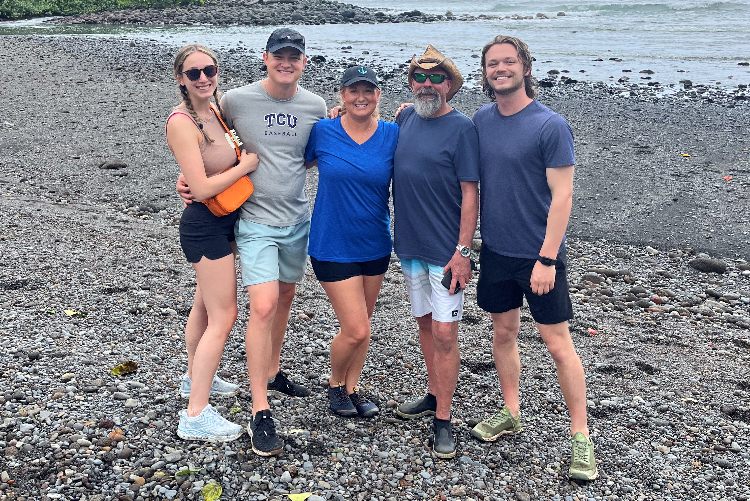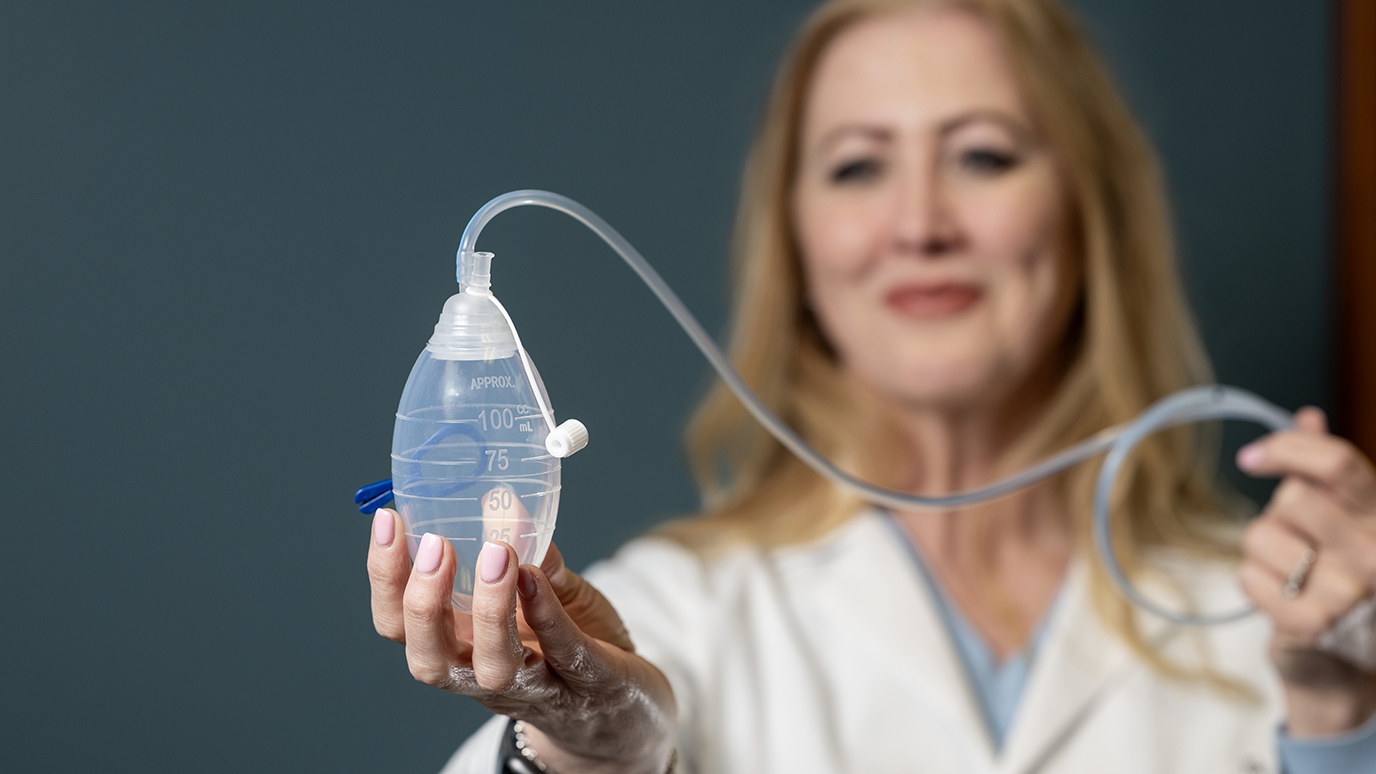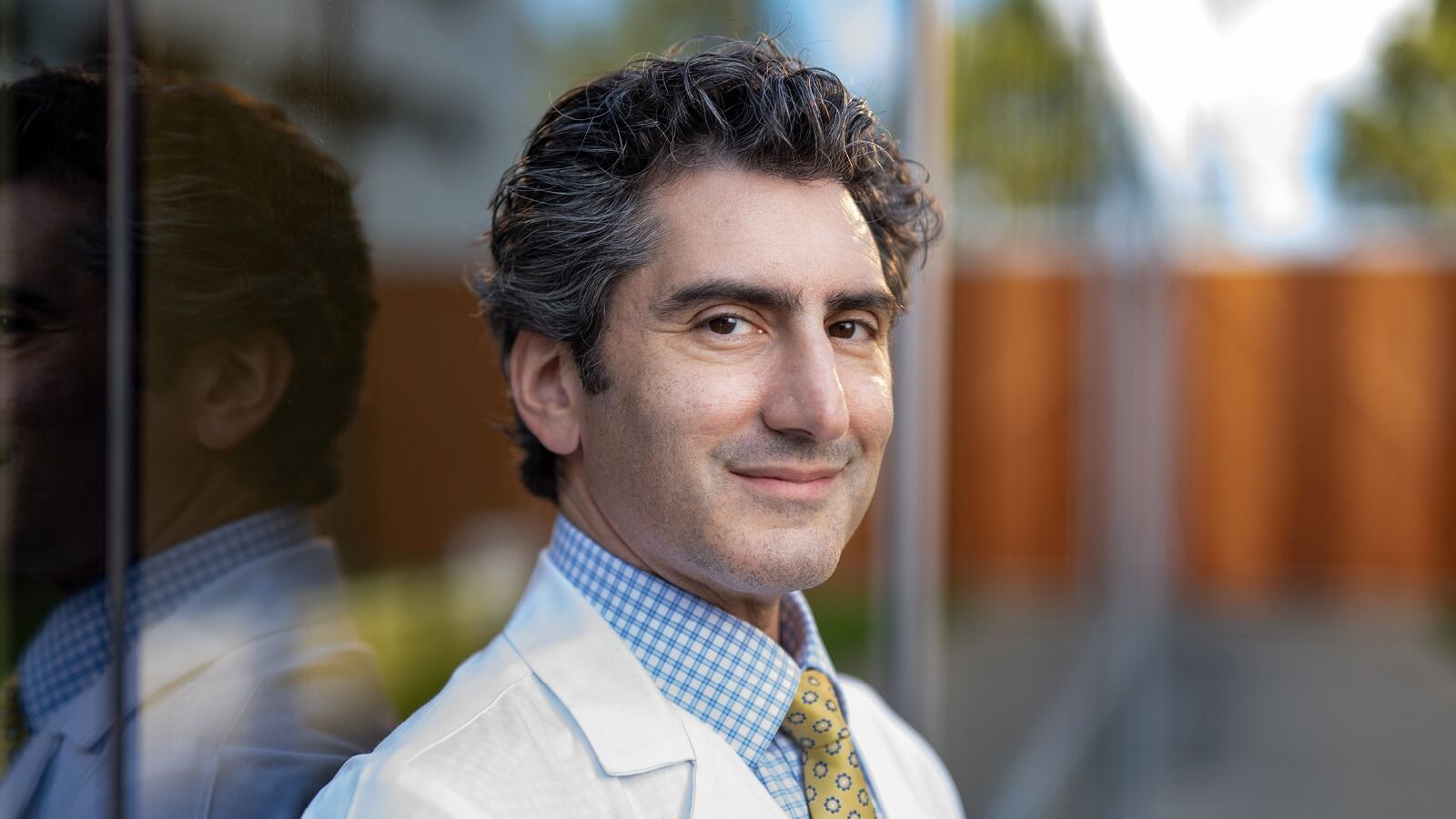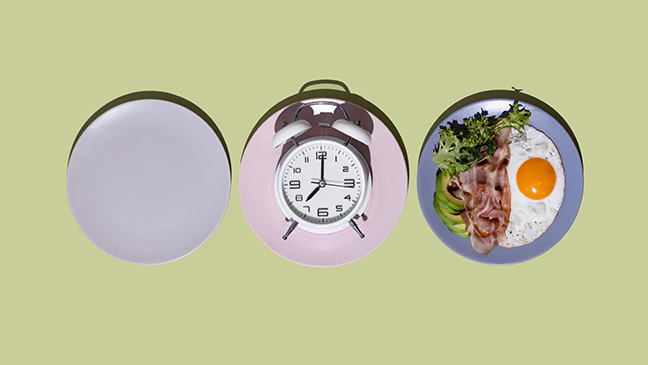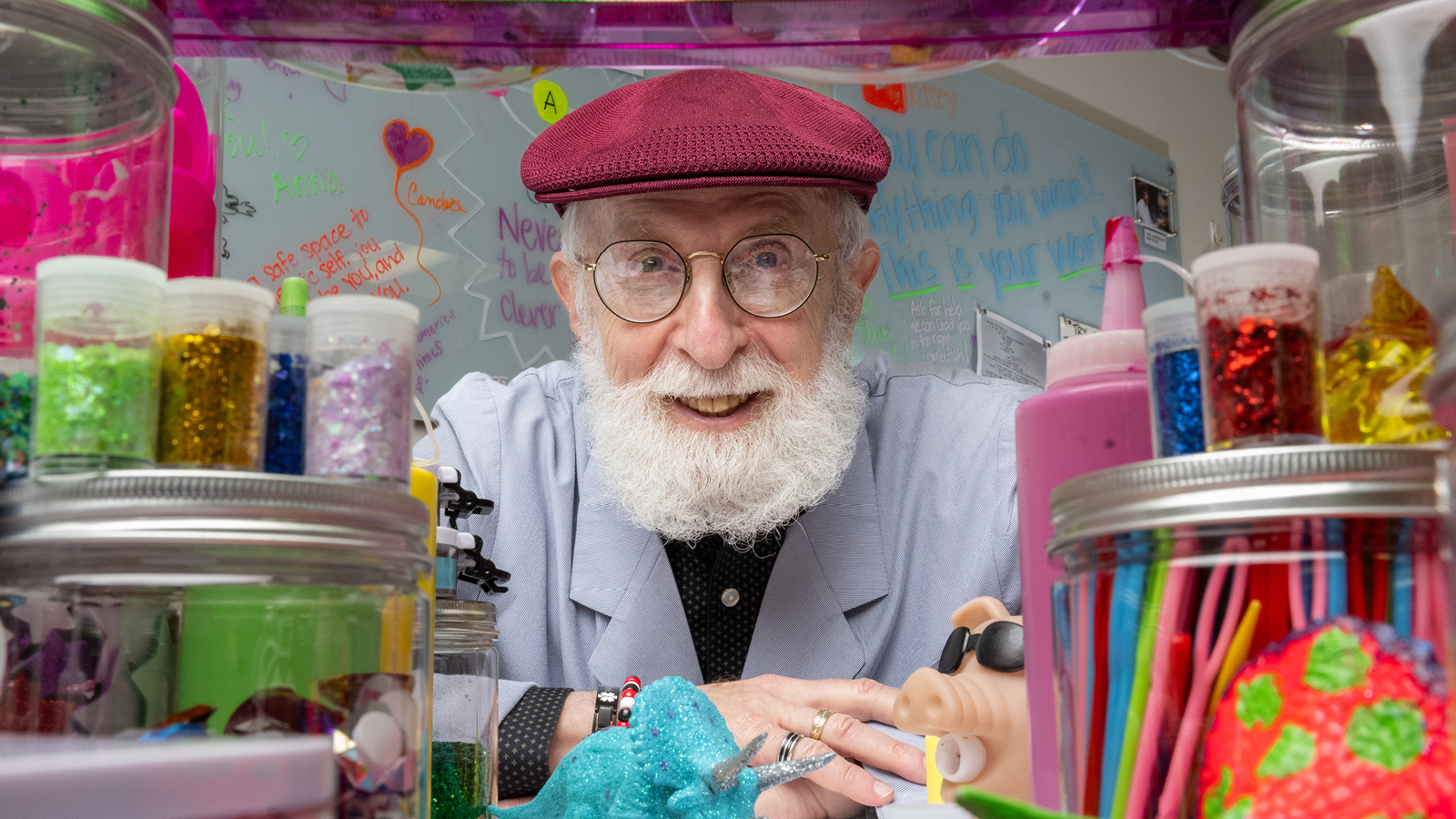- Diseases
- Acoustic Neuroma (14)
- Adrenal Gland Tumor (24)
- Anal Cancer (68)
- Anemia (2)
- Appendix Cancer (16)
- Bile Duct Cancer (26)
- Bladder Cancer (72)
- Brain Metastases (28)
- Brain Tumor (230)
- Breast Cancer (712)
- Breast Implant-Associated Anaplastic Large Cell Lymphoma (2)
- Cancer of Unknown Primary (4)
- Carcinoid Tumor (8)
- Cervical Cancer (158)
- Colon Cancer (166)
- Colorectal Cancer (118)
- Endocrine Tumor (4)
- Esophageal Cancer (44)
- Eye Cancer (36)
- Fallopian Tube Cancer (8)
- Germ Cell Tumor (4)
- Gestational Trophoblastic Disease (2)
- Head and Neck Cancer (12)
- Kidney Cancer (126)
- Leukemia (342)
- Liver Cancer (50)
- Lung Cancer (284)
- Lymphoma (278)
- Mesothelioma (14)
- Metastasis (30)
- Multiple Myeloma (100)
- Myelodysplastic Syndrome (60)
- Myeloproliferative Neoplasm (6)
- Neuroendocrine Tumors (16)
- Oral Cancer (100)
- Ovarian Cancer (172)
- Pancreatic Cancer (160)
- Parathyroid Disease (2)
- Penile Cancer (14)
- Pituitary Tumor (6)
- Prostate Cancer (146)
- Rectal Cancer (58)
- Renal Medullary Carcinoma (6)
- Salivary Gland Cancer (14)
- Sarcoma (238)
- Skin Cancer (296)
- Skull Base Tumors (56)
- Spinal Tumor (12)
- Stomach Cancer (64)
- Testicular Cancer (28)
- Throat Cancer (92)
- Thymoma (6)
- Thyroid Cancer (98)
- Tonsil Cancer (30)
- Uterine Cancer (80)
- Vaginal Cancer (16)
- Vulvar Cancer (20)
- Cancer Topic
- Adolescent and Young Adult Cancer Issues (20)
- Advance Care Planning (10)
- Biostatistics (2)
- Blood Donation (18)
- Bone Health (8)
- COVID-19 (360)
- Cancer Recurrence (120)
- Childhood Cancer Issues (120)
- Clinical Trials (630)
- Complementary Integrative Medicine (22)
- Cytogenetics (2)
- DNA Methylation (4)
- Diagnosis (232)
- Epigenetics (6)
- Fertility (62)
- Follow-up Guidelines (2)
- Health Disparities (14)
- Hereditary Cancer Syndromes (124)
- Immunology (18)
- Li-Fraumeni Syndrome (8)
- Mental Health (116)
- Molecular Diagnostics (8)
- Pain Management (62)
- Palliative Care (8)
- Pathology (10)
- Physical Therapy (18)
- Pregnancy (18)
- Prevention (916)
- Research (392)
- Second Opinion (74)
- Sexuality (16)
- Side Effects (604)
- Sleep Disorders (10)
- Stem Cell Transplantation Cellular Therapy (216)
- Support (402)
- Survivorship (320)
- Symptoms (182)
- Treatment (1786)
How I coped with lymphedema
3 minute read | Published June 12, 2014
Medically Reviewed | Last reviewed by an MD Anderson Cancer Center medical professional on June 12, 2014
Nine weeks after undergoing a prophylactic double mastectomy, I met with a physical therapist at my doctor's suggestion. I'd had pain in my arms and had not been able to fully extend them since the surgery. I was excited about this meeting. I knew it would be yet another tool to help me manage my new body.
After a lengthy conversation with the physical therapist and lots of questions, a few physical motion tests, then some poking, prodding and painful extensions, some measurements, and assessments, I was diagnosed with lymphedema.
At the time, I had no idea what lymphedema was. But since my diagnosis I've learned a lot about this cancer treatment side effect. Here are some of the questions I get asked most frequently about lymphedema.
What is lymphedema?
Lymphedema is a collection of protein-rich lymphatic fluid. The protein acts as a magnet for more swelling and feeds infections. It's typically caused by an interruption to lymphatic flow, like surgery, radiation, infection or trauma.
In my case, my lymphatic system seems to be "concreted" over, meaning that it's hardened with excessive protein-rich lymphatic fluid and deposits. It feels like there are metal rods that prematurely catch, preventing my arms from fully extending. As the physical therapist described it to me, my lymphatic system is "webbed" and "corded". Not good news.
Is there a cure?
It's possible to manage lymphedema through physical therapy, specific exercises, a healthy amount of water, some dietary restrictions and lifestyle modifications. But without treatment, it can become chronic.
What does lymphedema treatment include?
Lymphedema treatment varies and may include skin care, massage, exercise, compression garments or prescription medications. In my case, I undergo physical therapy three days a week at MD Anderson. These sessions include lymphatic massage and learning various stretches and skills to proactively manage my condition. The goal is to stimulate my lymphatic system on my own so that I will not have to rely upon a physical therapist long-term.
Is it painful?
Before I began lymphedema treatment, I couldn't stretch my arms without a great deal of discomfort. I felt pain when I tried to raise my arms while doing basic tasks.
The pain continues during the stretches I perform during physical therapy, but it is lessening with each session, and my range of motion is almost back to normal. And fortunately, there's no pain during the lymphatic massage. In fact, it's very relaxing.
What other tips have helped you cope with lymphedema?
- Control your diet. Fresh fruits and vegetables help to cleanse the lymphatic system, so I've changed my diet to include more of both. To keep things interesting, I challenge myself to try something new every day and my family is eating healthier foods as a result. Drink more water.
- Always wear gloves when baking or cooking hot foods in order to avoid burns, which can cause infections.
- If you notice red lines extending from a site of infection, see your doctor immediately.
- Most of all, it's critical that you stay on top of your health and listen to your body. Experts are available to assess and diagnose your medical needs at every stage.
Undergoing a double mastectomy has been no small feat. I've learned that although it's important to lean on your support network, no one else knows the exact journey you are on. Be your strongest advocate and allow yourself the healing you deserve.
Related Cancerwise Stories

Be your strongest advocate and allow yourself the healing you deserve.
Erika Archer Lewis

